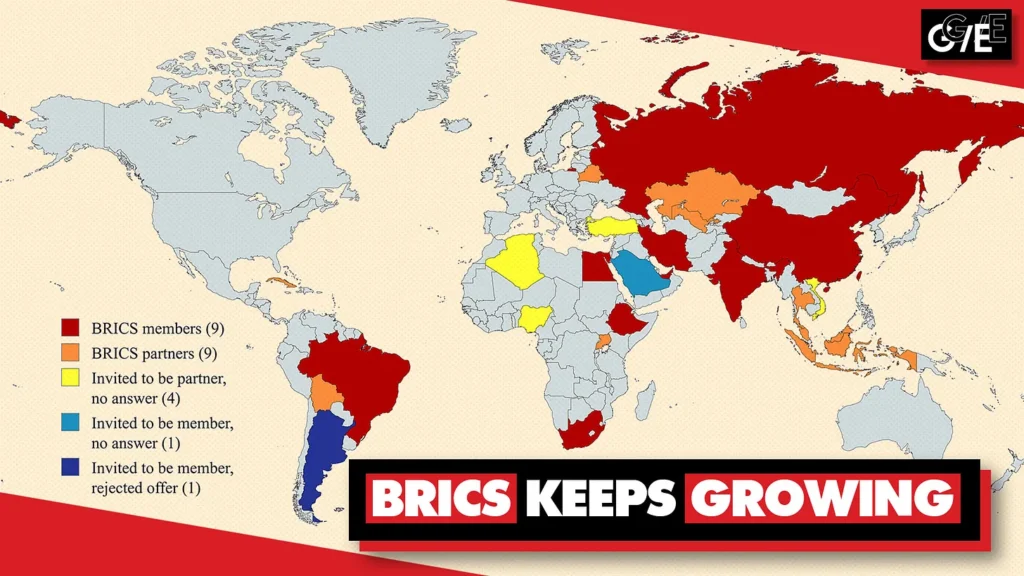In a bold move that underscores growing international concern over escalating tensions in the Middle East, the United Kingdom has announced sanctions against two high-ranking Israeli government officials. Finance Minister Bezalel Smotrich and National Security Minister Itamar Ben-Gvir have been accused of inciting violence against Palestinians and promoting extremist rhetoric that undermines peace efforts. The UK’s sanctions, which include travel bans and asset freezes, mark a significant escalation in its diplomatic stance and reflect a coordinated effort with Canada, Australia, New Zealand, and Norway to hold Israeli officials accountable for their inflammatory actions.
The decision stems from several controversial statements made by the two ministers. Smotrich has previously made remarks suggesting that the collective punishment of Palestinians in Gaza, including starvation, could be morally justified. Ben-Gvir, for his part, has publicly praised Israeli settlers involved in violent attacks on Palestinians, referring to them as heroes. Such rhetoric has been widely condemned as fueling unrest and encouraging further violence, particularly amid the already volatile situation in the West Bank and Gaza.
Both ministers have responded with defiance, criticizing the sanctions as unjustified and politically motivated. Ben-Gvir dismissed the UK’s actions as symbolic, declaring that the British should remember “the days of their mandate are over.” Smotrich similarly lashed out at what he described as hypocrisy, accusing the UK of ignoring Palestinian violence while targeting Israeli leaders. Despite their defiance, the move represents a significant step by Western governments in signaling that inflammatory and violent rhetoric will not go unnoticed or unchallenged.
This marks a shift in the UK’s foreign policy approach, especially under the leadership of Prime Minister Keir Starmer. The British government has taken a more assertive role in recent months, pausing trade talks and arms sales to Israel and advocating for the recognition of Palestinian statehood. These actions suggest a reorientation in diplomatic priorities, with a greater emphasis on accountability and long-term stability in the region.
The international response has been mixed. Human rights organizations and Palestinian advocates have welcomed the move as a long-overdue acknowledgment of Israeli government actions that contribute to the ongoing conflict. Others, however, warn that the sanctions may further strain diplomatic relations and complicate peace negotiations. As tensions continue to rise in the region, the impact of these sanctions on Israeli policy and broader international efforts to achieve peace remains to be seen.



